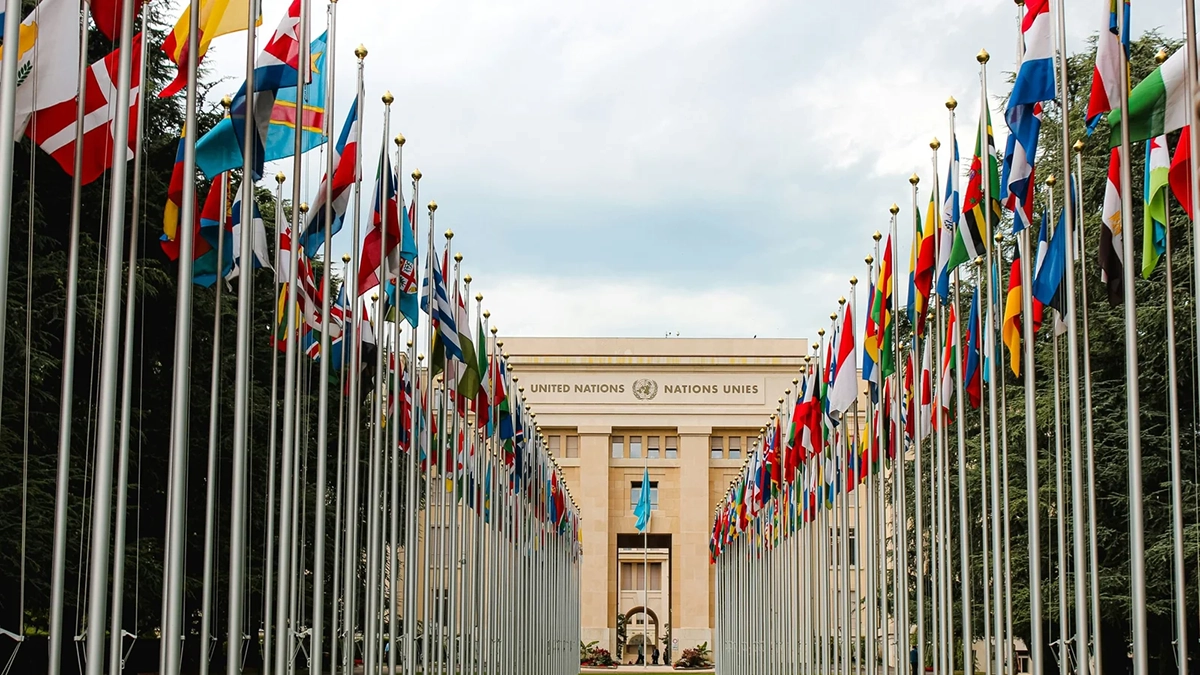
United Nations Takes Historic Step to Protect the Human Rights of Intersex Persons
The United Nations has adopted a historic resolution addressing the human rights of intersex persons.
United Nations Addresses the Human Rights of Intersex Persons in Ground-Breaking Resolution
The United Nations has taken a historic step towards protecting the human rights of intersex persons. In a landmark move, the Human Rights Council has adopted its first-ever resolution specifically addressing discrimination, violence, and harmful practices against individuals with innate variations in sex characteristics. This resolution, brought forward by Finland, South Africa, Chile, and Australia, has received overwhelming support from the majority of states, with no states voting against it.
The resolution encourages states to prioritise the realisation of the highest attainable standard of physical and mental health for intersex people. It also calls upon the Office of the High Commissioner to prepare a report, to be discussed at the Human Rights Council in September 2025. This report will examine discriminatory laws and policies, acts of violence and harmful practices, and explore best practices, including legal protection and remedies, for individuals with innate variations in sex characteristics.
This momentous resolution represents a significant milestone in the recognition of the rights of intersex persons. The collaboration between civil society organisations and states has generated tremendous momentum over the years. However, this vote has the potential to bring about an even more decisive turn. The official United Nations report addressing the human rights situation of individuals with innate variations in sex characteristics will raise awareness of the issue in a way that states can no longer ignore. It will compel them to take action.
The document adopted by the Human Rights Council expresses grave concern about the violence and harmful practices faced by individuals with innate variations in sex characteristics. It particularly highlights the issue of medically unnecessary or deferrable interventions concerning sex characteristics. The resolution also acknowledges that its call to action builds upon statements made by multiple human rights bodies and aligns with the commitments of the Sustainable Development Goals, especially Goal 3 on good health and well-being.
The 35 civil society organisations involved in this cause express their gratitude to the cross-regional group of states that brought this resolution forward, as well as those who supported it. They also acknowledge the growing number of countries that have started to enhance protections for intersex persons. It is important to recognise that intersex individuals exist in every part of the world. Yet, they continue to face pervasive human rights violations, including forced and coercive medical interventions, infanticide, denial of legal recognition and registration at birth, and discrimination in accessing health, education, and sports, among other areas.
The United Nations addressing this situation is of utmost importance in improving the lives of intersex people worldwide. It sends a clear message that their rights matter and must be safeguarded. By shining a spotlight on the human rights violations faced by intersex individuals, this resolution paves the way for greater understanding, acceptance, and protection. It is a significant step towards creating a more inclusive and equitable world for all.
Source : Press release from OutRight Action International
